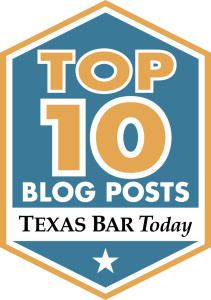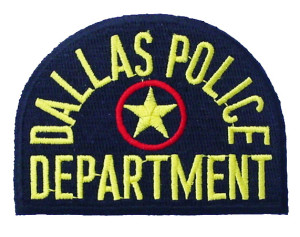In Southampton Ltd. v. Four Horseman Auto Group (July 20, 2016), the Dallas Court of Appeals considered whether a plaintiff who fails to file an interlocutory appeal of an order granting a special appearance as to some but not all defendants may later appeal the special appearance after a final judgment. It held that interlocutory appeal is permissive and the decision not to pursue an interlocutory appeal does not waive the right to appeal the order after final judgment. There are indeed second chances.
This was an issue of first impression for the Dallas Court of Appeals. A majority of courts had reached a similar conclusion, but at least one court has reached the opposite result.
Addressing the merits, the court also concluded that the special appearances were improperly granted. Each defendant had entered into agreements with a forum selection clause designating Dallas County, Texas as the forum for all disputes. The defendants argued they did not authorize the execution of those agreements, which were signed by a director who owned a 25% interest in each of them, but the bylaws of each entity stated that a single member constituted a quorum of the directors of the companies. Moreover, that single member had effectively conducted all the business of each of the entities without any approvals from any other members. Thus, the court concluded that the executing director had apparent authority to bind the defendants.
Southampton Ltd. v. Four Horseman Auto Group (July 20, 2016)









 erative fact, a necessary part of a cause of action, and is not hearsay.”
erative fact, a necessary part of a cause of action, and is not hearsay.”